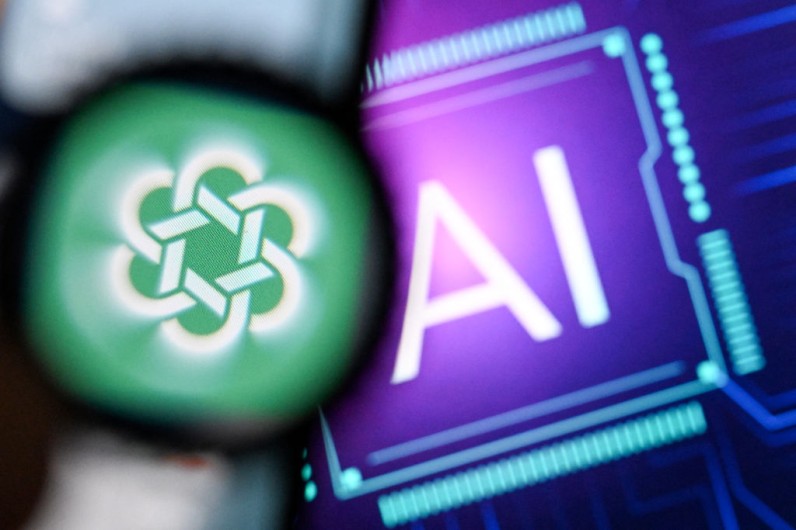
Companies across multiple sectors are trending toward preferring employees who know how to work with artificial intelligence (AI) over those who do not when it comes to retention and redundancy.
In a panel discussion at Salesforce's World Tour Essentials event in Singapore, AI Singapore's innovation director, Laurence Liew, stressed that AI is not the one replacing workers but those who use AI to outperform those who push back against AI.
AI has been the talk of the town for quite some time since the launch of OpenAI's ChatGPT in 2022. But companies have been
According to the 2024 Microsoft Work Trends Index obtained by CNBC, 55% of respondents-corporate leaders-said that they were concerned about a lack of talent to fill roles designated to harness AI's potential while being subservient to human operators, while the remaining 45% were still more concerned about AI replacing their jobs.
The report added that there is an insatiable need for applicants with AI skills, with 71% of corporate leaders preferring them over more experienced counterparts who lack them.
A separate study conducted by MIT Technology Review Insights found that while most businesses sought to disrupt their industries by using generative AI, only a small portion believed they had the right level of technology and other factors, including funding, culture, and skills, to implement rapid adoption.
Risks of Self-Learning AI when Not Used Properly
The Microsoft study added that while 79% of respondents believe that their company should adopt AI to stay competitive, the pressure to profit immediately from it slowed the AI transition.
As a result, employees initiate self-study on how to use AI tools, upskill themselves, and apply them to their day-to-day work.
However, the use of AI could pose some risks if it is not properly regulated by companies that adopt it and curious employees who use it.
Liew stressed that "free" AI resources like ChatGPT, Microsoft's Copilot, or Google's Gemini-all of which use large language models (LLMs)-are algorithms that could identify, summarize, translate, forecast, and produce information using huge datasets. He also told AI tool users not to use company or even personal data when using free online AI tools, as doing so could put very sensitive personal or company data at risk.
Thus, Liew emphasized that part of upskilling in AI tools meant learning how to do so safely and effectively.
Properly Communicating with AI
With AI development now at the forefront of modern innovation, Liew told CNBC that the most critical AI skill is effectively and properly communicating with existing AI-powered LLMs.
He explained that because ChatGPT, for example, looks exactly like a Google search, many make the mistake of not being specific.
"You have to give the AI a lot of context; treat AI like a very hardworking intern that will make mistakes occasionally..." he added.
By being more specific, people adopting LLMs could learn how to feed it with more descriptive prompts, which would help generate the desired outcome.







Join the Conversation